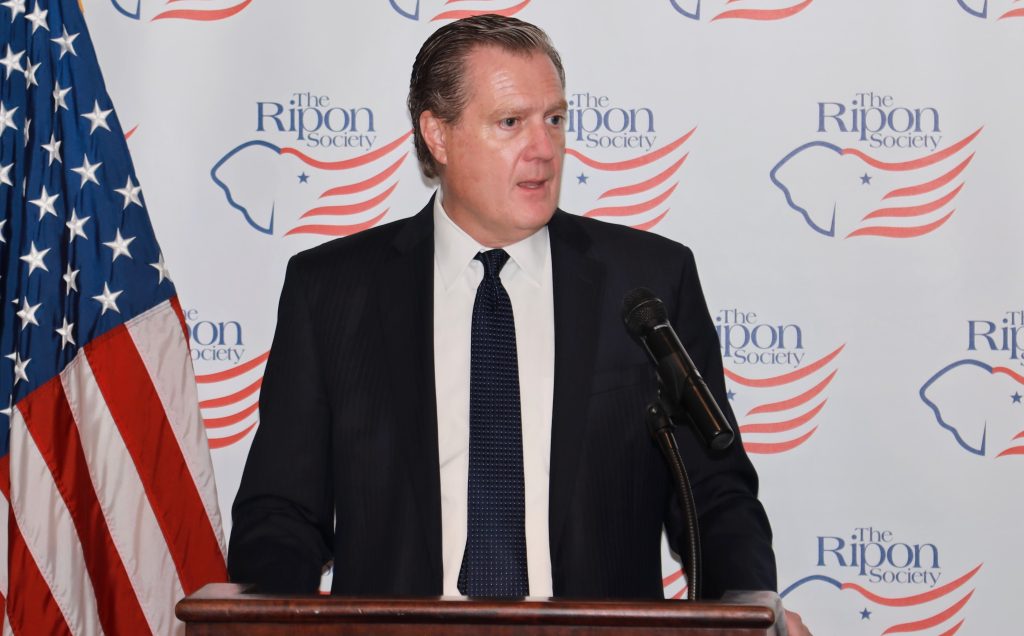During my roughly four decades with this news organization, I learned it takes a lot to get journalists to fail to report to work.
Editors, reporters and photographers would often show up at the office, even though they were clearly ill and should not be there.
Some workers love blizzards because they become “snow days.” Not reporters and photographers. They know they not only MUST go into work, but that it meant going out in the elements covering what is obviously a big story in their community.
Even if roads were so bad that driving was prohibited, they would show up, even if they had to trudge through drifts. There are stories about Sun Chronicle journalists arriving at the office using snowshoes and a borrowed snowmobile during the legendary Blizzard of ’78.
As the leader of the newsroom for my last 12 years of employment there, I was proud of their devotion to deliver outstanding news coverage to our readers.
So, it must have taken a mountain of problems to force hundreds of journalists to walk off the job Monday and Tuesday at two dozen newspapers owned by Gannett. The nation’s largest newspaper company, Gannett owns the Providence Journal, Worcester Telegram-Gazette, Brockton Enterprise, Taunton Gazette, Fall River Herald News, New Bedford Standard-Times and Cape Cod Times as well as dozens of weekly papers in this region, although no one from those newsrooms took part in the two-day strike. (The Sun Chronicle is owned by TriboroMassachusetts News Media Inc. led by Canadian newspaper executive Steven Malkowich.)
The source of Gannett journalists’ anger comes down to one man, CEO Mike Reed, who appears to be the epitome of corporate greed.
Gannett’s median U.S. employee earned $51,035 in 2022. Reed received $3.38 million in total compensation in 2022 — but that was less than half the amount he earned in 2021, according to the Boston Business Journal.
Take out a calculator and you’ll learn that Reed made 66 times what his grunts earned toiling in the trenches.
It’s also not surprising that Reed took a 56 percent pay cut from his 2021 total of $7.74 million. After all, Gannett’s stock plunged by 60 percent over the course of 2022.
Reed has eliminated 54 percent of the combined workforce of Gannett since it merged with GateHouse Media four years ago. Financing for the merger loaded up the new Gannett Co. with debt that led to hundreds of millions of dollars in cuts.
In the last year alone, Gannett reduced the number of journalism jobs at the company by 20 percent, from 4,846 at the end of 2021 to 3,900 at the end of 2022. During the same time the company reduced its overall headcount by 19 percent, to 11,200.
It’s no secret that the newspaper industry isn’t what it used to be. The internet and those little devices in everyone’s pocket have diverted the eyeballs and sucked the advertising out of most print publications.
In 2008, the Pew Research Center said there were about 114,000 total newsroom employees — reporters, editors, photographers and videographers — in five industries that produce news: newspaper, radio, broadcast television, cable and digital. By 2020, that number had declined to about 85,000, a loss of about 30,000 jobs.
Often, the first ones to go are what my former boss Paul Rixon called “the boots on the ground” — the reporters and photographers that produce the stories and images that make newspaper reading so compelling. When that happens, large regions can go without the bread-and-butter reporting — what your government leaders are doing, the crime in your neighborhood, the events that bring together a community — that cannot be replaced by social media.
The repercussions of Gannett’s cuts have been stark. The Salinas Californian no longer has any locally based reporters in a city of about 160,000. Stories are taken from other Gannett papers more than an hour’s drive away.
The State Journal-Register, despite serving the state capital of Illinois, is being led by the editor of a sister paper in Lakeland, Fla., four states and 1,000 miles away. In some smaller publications, top stories routinely include the outcomes of Powerball drawings, which can be done by bots rather than human reporters.
Yes, newspapers face daunting challenges.
It’s too bad some come from within, such as greedy corporate executives like Mike Reed.













